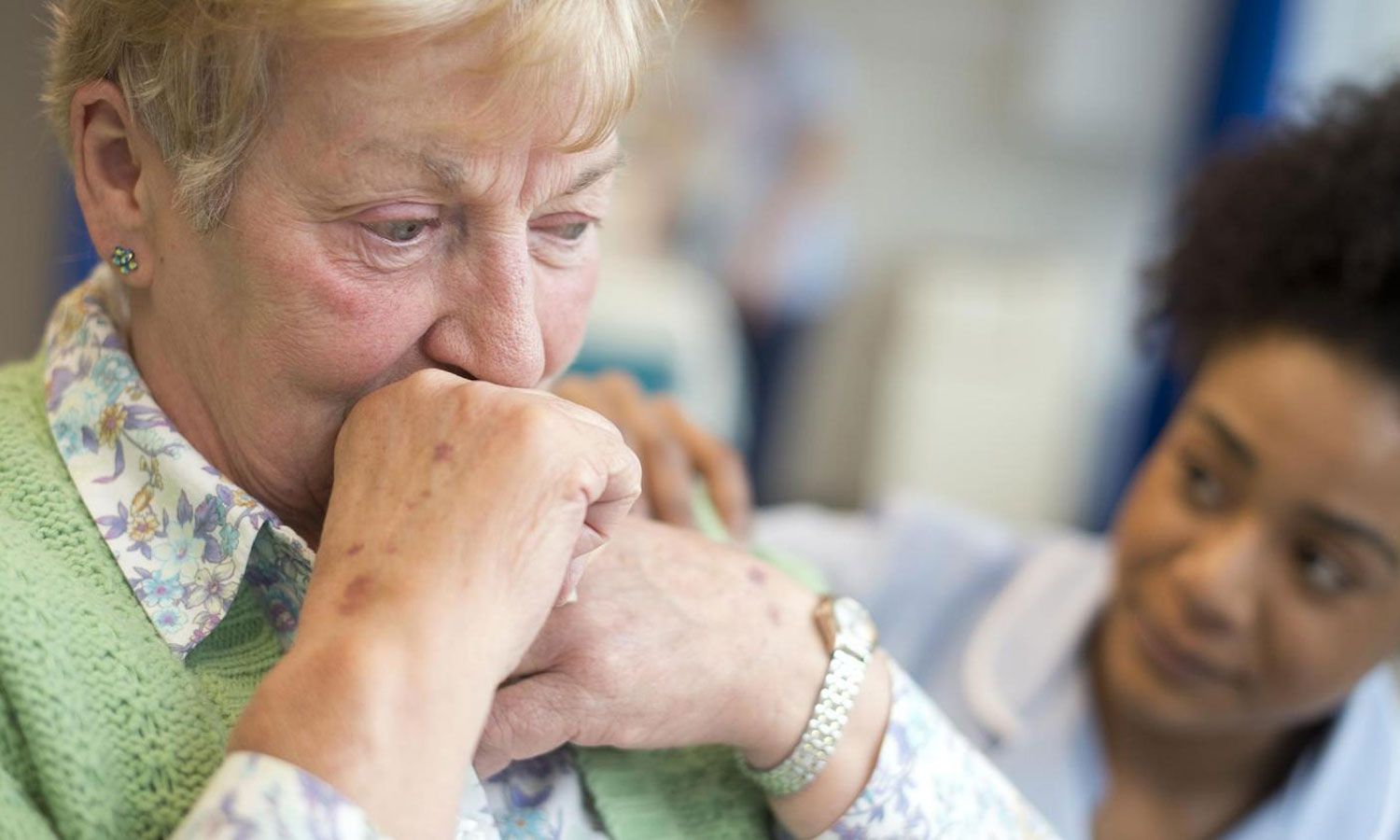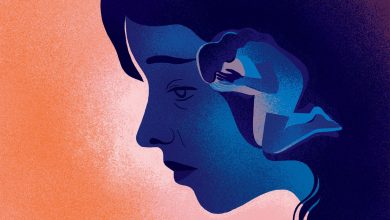How Mental Health Counselors Provide Support To Specific Groups

Mental health counseling is a safe, affordable, and drug-free way of addressing psychological and emotional issues that can become debilitating if ignored. Mental health issues are now recognized as commonplace, while more serious mental and behavioral disorders are also more widely understood and diagnosed. The role of counseling and talking therapies in treating these problems is now valued more than ever.
Questions of diversity and inclusion are central to mental health counseling. Recognizing that different groups or demographics within the population have specific issues that need to be addressed and that there is a significant intersection between psychological and social problems is often the foundation stone on which successful counseling stands. Accordingly, mental health counselors provide different kinds of support tailored to different sections of society, with factors including age, gender, sexuality, and ethnic origin all coming into play.
American International College offers an online doctorate in counseling that enables you to acquire the highest level of qualification in the field. An EdD (doctorate in education) in Mental Health Counseling (MHC) lets you practice as a fullyqualified counselor and makes you eligible for a faculty position in academia. Inclusive andaccessible, the 100% online course can be studied either full or part-time, with flexible enrolment so you can fit it in with your working or domestic life.
Children
Many mental health disorders have their roots in childhood, and some conditions are more prevalent or notable in children than in adults. Mental health counseling for children can tackle problems before they develop into lifelong debilitating disorders. Counseling can also improve a child’s academic performance, help them socialize better, and reduce disruptive behavior that affects others.
Counselors often work in schools and other child-focused settings to promote good mental health for all children. They may work alongside teachers and other professionals to create an environment where mental and emotional well-being can thrive. They will also provide one-to-one therapy fortroubled children, as well as hosting sessions with both children and parents present, where appropriate.
Various forms of talking therapy can be used to help children manage an ongoing mental health condition or explore the causes of potentially short-term problems like depression or anxiety so that these may be overcome or alleviated. In some cases, there may be an external factor to be dealt with, such as bullying or family worries, that, when addressed, leads to a sustained improvement in a child’s mental health. In other cases, an ongoing condition like ADHD or Asperger’s may be identified and coping strategies discussed. The two often combine, as external factors contribute to making an existing condition worse.
With young children, counselors may use techniques like directed play, art therapy, or getting the child to talk ‘in character’, perhapsto or through a favorite toy, in order tohelp them open up about their feelings. Sometimes, the counselor may spend time observing how a child interacts with others, including their parents, before making suggestions on how those around the child could respond differently. Educating parents and teachers on communicating with and relating to a troubled child is also an important part of child-focused mental health counseling.
Adolescents
Adolescence is often a time when mental health issues come to the fore. Puberty is a difficult transitional period for everyone, and the shift from childhood routines to teenage and young adult behavior, expectations, and settings can trigger mental and emotional disorders. Sometimes this can be expressed as antisocial or self-destructive behavior that may have long-lasting consequences.
Equally worrying is when adolescents withdraw into themselves. Because they are quiet and not disruptive, withdrawn, depressed teenagers may not get the help they need as quickly as those who ‘act out’ and are more obviously problematic.
Family and interpersonal therapy can help adolescents talk effectively about their feelings, learn better communication skills, and find ways to resolve conflict. Sometimes, adolescents need to learn how to manage their relationships with others. Cognitive behavioral therapy (CBT) can help with depression and anxiety as well as various kinds of disruptive behavior. This focuses on becoming aware of, and ultimately changing, the underlying thoughts and emotions that cause negative actions.
Teenagers are known to experience emotions more intensely than adults. In addition, many of these feelings are new to them, for instance, falling in love for the first time, or breaking up for the first time, and so can be harder to handle. Adolescents may experiment with drugs or alcohol, making their mental health even more volatile.
Poor impulse control, confusion about social, sexual, or gender identity, and academic and peer pressure, can all contribute to a mental health minefield for teens. Counseling can help these young people to resolvethese issues and build a solid foundation for a happy and productive adulthood.
Older people
Older people may be managing lifelong mental health conditions or may have developed mental problems as they age. These problems may be caused by age-related illnesses like dementia or a reaction to bereavement, isolation, deteriorating physical health, or other external factors. Mental health counseling can help older people to adjust successfully to a new stage in their lives, aiding them in overcoming anxiety and depression, and in taking control of their mental well-being.
When older people ask for medical help, they often prioritize physical over mental health. This is understandable, but counseling and therapy can be beneficial in improving the quality of life for older people. The stigma attached to mental illness by older generations can be another barrier to older individuals seeking help when they find they are struggling.
Mental health counseling is part of geriatric therapy, which focuses on psychological treatment for the over-60s. Declining physical health and mobility, often accompanied by chronic pain or cognitive impairment, can cause chronic anxiety or depression. Financial worries, loneliness, and elder abuse can also contribute, while substance or alcohol abuse can result from trying to cope alone.
Forms of treatment that work well for older people include interpersonal therapy, CBT, and occupational therapy. Pets and animal-assisted therapy can also have a beneficial impact on the mental health of older individuals.
These are just three examples of the groups that can benefit from mental health counseling. Helping different demographics access the mental health support they needis an ongoing process, as is identifying the types of counseling that work best in varied circumstances. Mental health counseling is for everyone but needs to be tailored to the needs of the population.












